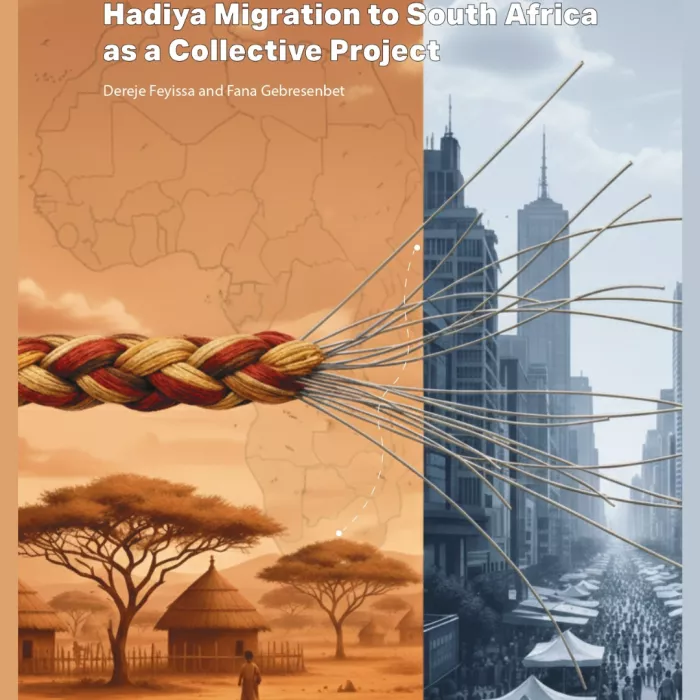
Hadiya Migration to South Africa as a Collective Project

- internazionale
- studiare
Editors
Dereje Feyissa and Fana Gebresenbet
Discussants
Paolo Boccagni, Università di Trento
discuss with
Fana Gebresenbet, Institute of Security Studies, Addis Ababa University
Chair
Sara de Simone, Università di Trento
Abstract
Migration studies have traditionally focused on individual experiences, often relegating the collective aspects to the background. Even with the advancements brought by the Aspiration–Capability Framework, the field remains largely anchored in a liberal-individualist perspective. This focus limits the framework’s ability to fully address how communities and collective identities influence migration decisions and experiences. This book seeks to broaden the conversation in migration studies by incorporating a collective perspective, as illustrated by the case study of Hadiya migration from Southern Ethiopia to South Africa. However, rather than presenting individualism and communalism as opposing forces, we conceptualize them as points on a continuum. At one end, communal ties are crucial, particularly in the early stages of the Hadiya migration. Over time, as migrants accumulate wealth and encounter increasing competition in South Africa’s informal economy, individualism begins to take precedence, gradually unraveling the social fabric that initially supported collective success. This temporal perspective offers a more nuanced understanding of migration, revealing how it transitions from a collective endeavor to an increasingly individualistic one as circumstances evolve